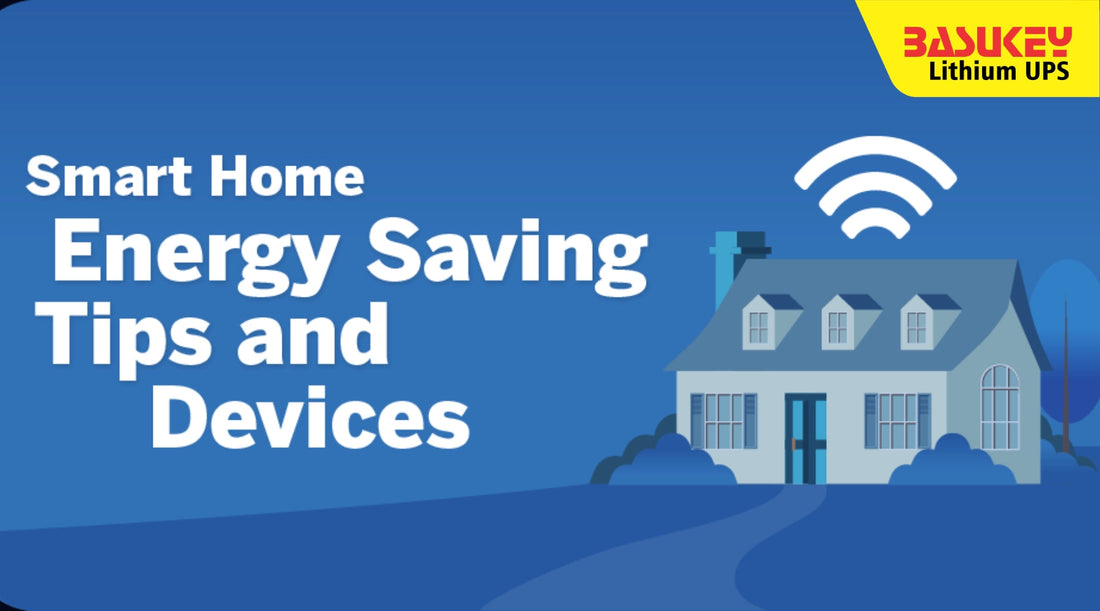
How Smart Homes Will Optimize Energy Storage in Real Time
Share
As technology continues to advance, the concept of smart homes has become increasingly popular. Smart homes are equipped with various devices and systems that can be controlled remotely, providing homeowners with convenience, security, and energy efficiency. One of the key benefits of smart homes is their ability to optimize energy storage in real time, leading to significant cost savings and environmental benefits.
What is Energy Storage Optimization?
Energy storage optimization refers to the process of managing and controlling the flow of electricity in a way that maximizes efficiency and minimizes waste. In the context of smart homes, this involves using advanced technology to monitor energy consumption patterns, adjust settings automatically, and store excess energy for later use.
How Do Smart Homes Optimize Energy Storage?
Smart homes utilize a combination of sensors, smart meters, and energy management systems to optimize energy storage in real time. These devices collect data on energy usage, weather conditions, and electricity prices, allowing the system to make informed decisions about when to store or release energy.
Benefits of Energy Storage Optimization
By optimizing energy storage in real time, smart homes can achieve several benefits, including:
- Reduced energy costs by taking advantage of off-peak electricity rates
- Minimized environmental impact by using renewable energy sources more efficiently
- Increased energy independence by storing excess energy for later use
- Enhanced reliability and resilience in the event of power outages
Future Implications of Smart Home Technology
As smart home technology continues to evolve, the potential for optimizing energy storage in real time will only increase. With the integration of artificial intelligence and machine learning algorithms, smart homes will be able to predict energy usage patterns more accurately and make even more efficient decisions about energy storage and consumption.
Overall, smart homes have the potential to revolutionize the way we use and manage energy in our homes. By leveraging advanced technology and real-time data, homeowners can reduce their carbon footprint, save money on energy bills, and contribute to a more sustainable future.
